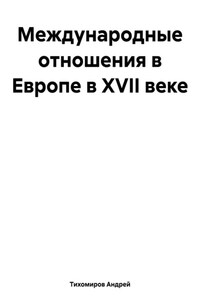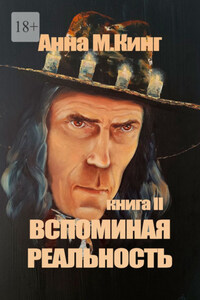Scientific commentary is given in parentheses after each verse.
Chapter 1
1 The prophetic word of the Lord to Israel through Malachi. (Priest-hypnotists “broadcast” through Malachi, but the word itself is a common noun; in Hebrew “maleahi” means “messenger, angel”).
2 I have loved you, says the Lord. And you say: “In what ways have You shown your love for us?” “Isn’t Esau Jacob’s brother?” says the Lord; and yet I loved Jacob, (The author touches upon important and pressing problems of the society of that time in the book. He begins with the problem of Yahweh’s attitude towards his people. The prophets have repeatedly asserted that Yahweh loves the inhabitants of Judea, but how did God prove this? how does his love manifest itself? Where is the kingdom of abundance and joy predicted by the prophets? Judah is still going through difficult times under the yoke of oppressors).
3 And he hated Esau and gave his mountains over to desolation, and his possessions to the jackals of the desert. (Esau in the Bible is the brother of Jacob and the legendary ancestor of the people of Edom).
4 If Edom says, “We are ruined, but we will rebuild what was destroyed,” then the Lord of hosts says, “They will build, but I will destroy,” and they will be called a wicked region, a people against whom the Lord is angry forever. (Edom at this time experienced a devastating invasion of the Arabs, which did not affect Judea, and the prophet cited this as evidence, supposedly, of Yahweh’s love for his people).
5 And your eyes will see this, and you will say, “The Lord is magnified above the borders of Israel!” (Judas survived and should thank God; the cunning, all-knowing priests used these events as a demonstration of the imaginary omnipotence of Yahweh).
6 The son honors his father, and the servant his master; if I am a father, then where is the respect for Me? and if I am the Lord, then where is the reverence for Me? says the Lord of hosts to you, priests, who profane my name. You say: “How do we dishonor Your name?” (Where is this gratitude? Where is the respect? Even the servants of God, the priests, have lost it).
7 You offer unclean bread on My altar, and say: “How do we dishonor You?” – By saying: “The Lord’s table is not worthy of respect.” (Priests of Judaism require respectful attitude).
8 And when you sacrifice something blind, is it not bad? or when you bring the lame and the sick, is this not bad? Offer this to your prince; Will he be pleased with you and will he accept you favorably? says the Lord of hosts. (In the Hebrew original there is the word “pekha”, and this is the Assyrian-Persian title of governor, satrap, which came into use among the ancient Jews).
9 Therefore pray to God to have mercy on us; and when such things come from your hands, can He graciously receive you? says the Lord of hosts. (The sayings of the so-called “Lord of Hosts” reveal the extremely selfish, extremely extremist position of the top of the Judaic priesthood, which requires the most respectful attitude towards itself).
10 It would be better if one of you locked the doors, so that they do not hold fire on My altar in vain. I have no favor with you, says the Lord of hosts, and the offering from your hands is not pleasing to Me. (This so-called “Lord of Hosts” is very capricious).
11 For from the east of the sun to the west my name will be great among the nations, and in every place they will offer incense to my name, a pure sacrifice; My name will be great among the nations, says the Lord of hosts. (The high priesthood prefers to eat only “clean” foods, that is, not sick or crippled animals).
12 But you blaspheme him by saying, “The table of the Lord is not worthy of respect, and the income from it is food worth nothing.” (The priests of Yahweh expressed dissatisfaction. Unable to overcome his resentment, Yahweh, just like an offended person, again repeats the disrespectful words of his servants, blaspheming his name).
13 And you say: “This is so much work!” and you despise it, says the Lord of hosts, and offer stolen, lame and sick things, and bring gifts of grain of the same nature: can I accept this from your hands with grace? says the Lord. (The high priesthood prefers to eat only “clean” foods, that is, not sick or crippled animals).
14 Cursed is the deceitful one, who has an uncorrupted male in his flock, and he has made a vow, and sacrifices to the Lord the corrupted one: for I am a great King, and My name is terrible among the nations. (The high priest (or high priesthood) threatens everyone who brings spoiled animals, apparently for fear of being poisoned).












